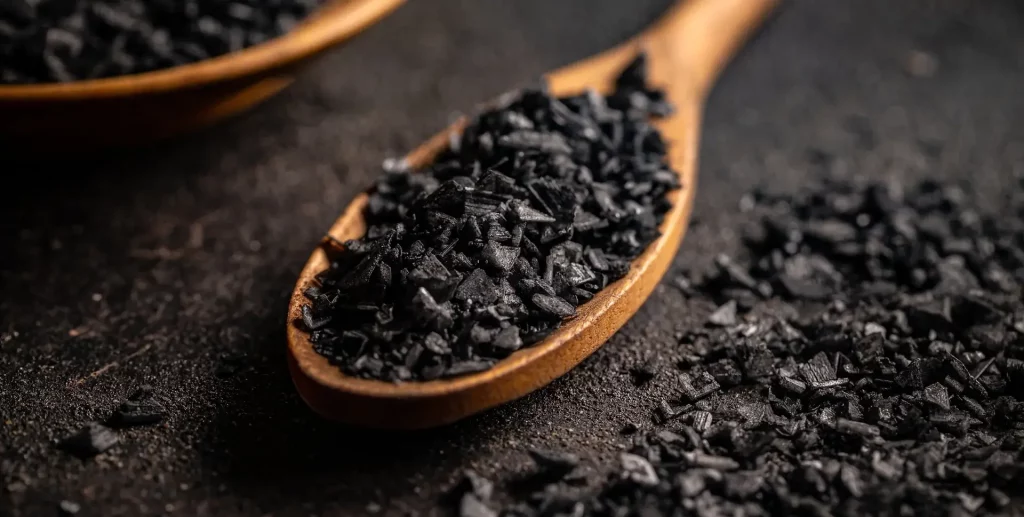
How To Decorate With Himalayan Salt Products A Unique Guide
How to Decorate with Himalayan Salt Products A Unique Guide These unique lamps and decor items are believed to purify the air, boost mood, and

Bamboo Salt, also known as Jukyeom, is a traditional Korean salt made by roasting sea salt in bamboo cylinders sealed with yellow clay. This process is repeated multiple times, usually 3 to 9 times, or up to 20 times for premium varieties. The roasting at high temperatures (often above 800°C) infuses the salt with minerals from the bamboo and clay, giving it a unique flavor and enhanced health benefits. Bamboo salt is prized for its alkalinity, high mineral content, and potential medicinal properties.
Himalayan salt, often referred to as Pink Salt, is a rock salt mined from the Punjab region of Pakistan, near the foothills of the Himalayas. Known for its distinctive pink hue, which comes from trace minerals like iron, potassium, and magnesium, Himalayan salt is considered one of the purest salts available. It’s minimally processed and often used for culinary purposes, spa treatments, and even in the form of salt lamps for its purported health benefits.
Bamboo salt is highly alkaline and rich in minerals like potassium, iron, calcium, and magnesium due to the roasting process. It is believed to have anti-inflammatory properties, aid in digestion, detoxify the body, and improve oral health.
Himalayan salt, on the other hand, contains 84 trace minerals and elements, including potassium, magnesium, calcium, and iron. It is known for its potential to balance pH levels, improve respiratory health, promote hydration, and support better sleep.

Bamboo salt is widely used in traditional Korean medicine and culinary practices. It is often added to soups, stews, and marinades to enhance flavor and provide health benefits. It is also used in oral care products for its purported antibacterial properties and in skincare for its detoxifying and soothing effects.
Himalayan salt is highly versatile, used in cooking, as a finishing salt, or even for preserving foods. Its culinary applications extend to seasoning meats, vegetables, and even desserts. Beyond the kitchen, Himalayan salt is used in bath salts, salt lamps, and salt scrubs for its potential therapeutic benefits, including relaxation and skin care.
Skin Health: Used in scrubs and baths for exfoliation and soothing skin conditions.
Both Bamboo Salt and Himalayan Salt offer unique benefits and uses. While Bamboo Salt is prized for its alkalinity, detoxifying properties, and medicinal uses, Himalayan Salt is celebrated for its purity, mineral content, and versatility in both culinary and therapeutic applications. The choice between them ultimately depends on personal preference and specific health needs.

How to Decorate with Himalayan Salt Products A Unique Guide These unique lamps and decor items are believed to purify the air, boost mood, and

Does Black Salt Expire? Uncovering the Truth About Its Shelf Life and Uses Black salt, often celebrated for its unique flavor and health benefits, raises
WhatsApp us